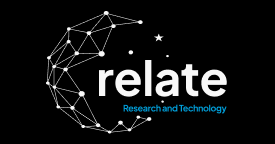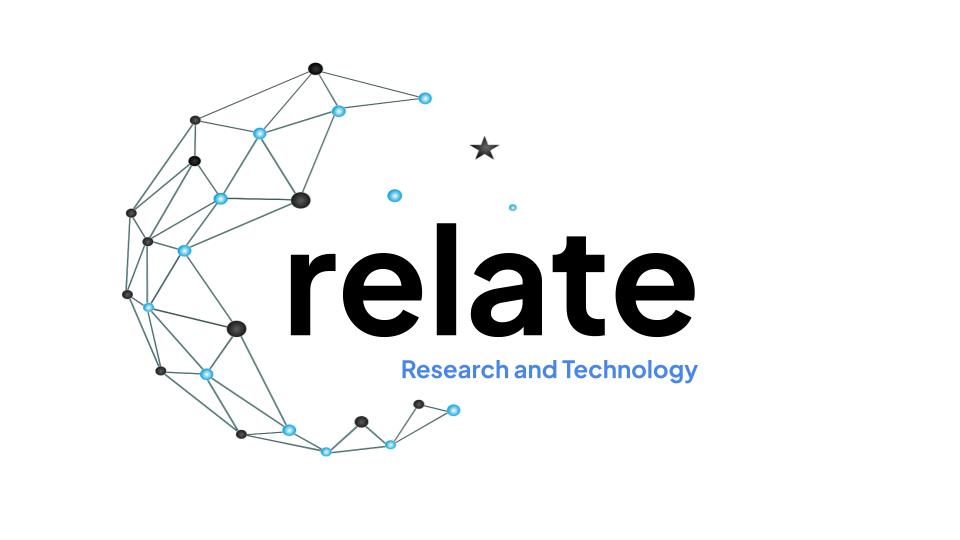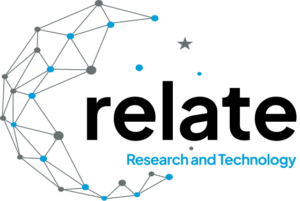
At Relate, we firmly believe that the c-level leaders of tomorrow will show that they better deliver on purpose and profitability growth by embracing the superior measurement capability of Gen AI. And while there will be improvement in the speed that business performance metrics are delivered, winning strategies will come from better understanding what matters most to their stakeholders – improving the trustworthiness of their representatives.
Over 93% of business executives believe that building trust improves the bottom line. According to PWC, Over 90% of business executives believe they are trusted but only 30% of their customers agree. Trust is in deficit and it is getting worse. To start addressing the deficit, business leaders need good measurement. NPS and other surveys have not addressed the deficit nor can they as they do not measure the trustworthiness of representatives. Surveys are latent and lack objectivity.
At Relate, we score and coach trustworthiness at meetings – where relationships are built between stakeholders and company representatives. We measure behavior in meetings to a standard, the same standard no matter what the format of the meeting is. We measure to the equation for trustworthiness, written by Maister, Green and Galford in their bestselling book The Trusted Advisor. Finally, we solve this equation at speed – often before meeting attendees have left the room.
Having proven that trustworthiness can be objectively measured at speed, consider the impact for future business leaders. Here are a few examples:
- Board members will be able to measure and track changes in management quality and investor sentiment over time. They will also be able to better understand shareholder views on resolutions before it comes to a vote.
- CEOs, COOs and CFOs can now deploy the objective measure of trustworthiness across product teams, HR and compliance as well as different stages of processes such as sales, recruitment or change management. Then harmonize how trust is built across teams during different stages of a process. For example, during the sales process, an organization may find it more important to build credibility during the prospecting phase and intimacy during the negotiation phase. Further, organizations can better stand behind their purpose that all of their representatives are there for their stakeholders, to the same exceptional standard.
- CMOs will be able to support their evolution from “what do stakeholders think about my brand” to “what do stakeholders think about my people” with good measurement. Then use AI guided marketing to identify and respond to what is on the mind of stakeholders that day. More effective marketing with fewer resources needed.
- CHROs will be able to reduce employee training expenses by integrating L&D with everyday use CRM and video platforms. This alleviates the shocking memory loss from existing training programs, what is commonly known as ‘the forgetting curve’. Trust metrics will also enhance the recruitment process and change management. HR teams can now score the trustworthiness of candidates while also measuring the success of change through its duration.
- CPOs and Head of Sales. Finally, product distribution teams have metrics on what is truly in their control, how well they are building trust with their clients. Further, the objective measurement of trust can be linked to sales outcomes providing teams line of sight on how their efforts to build trust converts into sales outcomes. Further, product leads will have line of sight on how well the key product selling points are resonating with all stakeholders.
- CCOs will be able to review discoverable material at the time of release for potential breaches in code of conduct, reducing the risk of client churn as well as regulatory action and the impact of bad actors both internal and external.
We are living through the biggest change in how we do business since e-commerce found the internet. Expect to see these outcomes from winning strategies built from trust metrics:
- Investors and Customers: Increased confidence in their investment / purchase decision knowing that the company is living up to their purpose and showing that their teams are building engagement around investor/consumer lead agendas. According to Accenture, companies who can achieve this will enjoy 6x the profitability growth compared to companies who do not.
- Employees: Increased confidence in their employment decision knowing that the company is living up to their purpose. Further, employees now have an objective measure of what is actually in their control bringing good data to their reviews.
- Environment: Trust metrics also improve the data collected to support ESG policies of companies. At Relate, we help our clients track the responsible decisions they make with respect to transportation, the social issues discussed in meetings and feedback, and how accessible management teams are making themselves to their stakeholders.
- Community: Increased confidence that a company is living up to their purpose, supporting their employees, responding to a community lead agenda in meetings and providing better data to support their ESG policy.
To the reader, If you regard yourself as an intrapreneur and want your organization to capitalize on what Gen AI can deliver in the field of trust metrics then contact our team to get you started on your journey to the c-level. Contact us today at: Contact – Relate (trustrelate.com)




